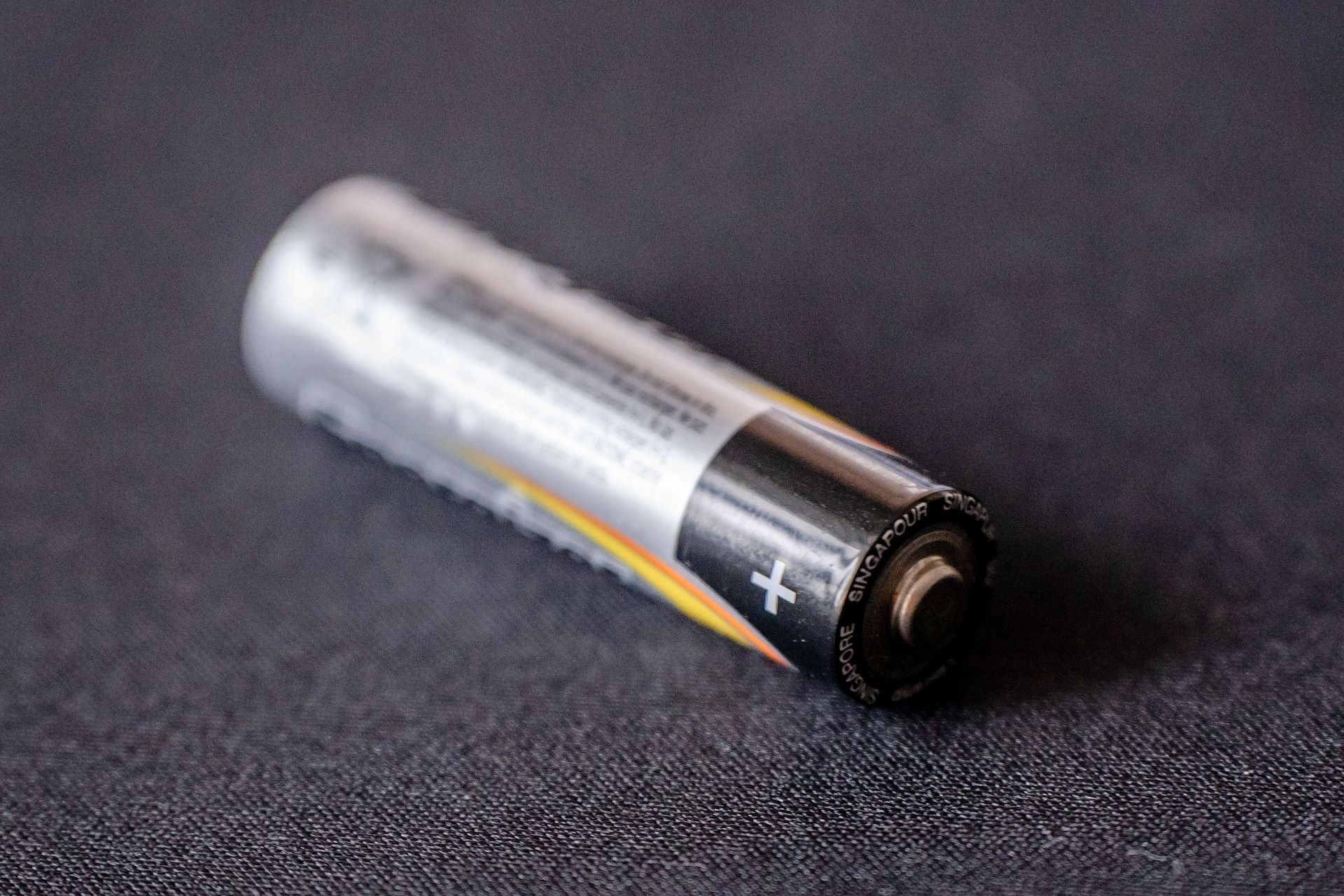
The Government of Zimbabwe has outlawed the export of raw lithium from its mines to capitalise on surge in demand and prices in global market, The North Africa Post has reported.
The Zimbabwean Ministry of Mines and Mining Development has issued a circular to stop artisanal miners from digging up and smuggle the mineral across borders.
“No lithium-bearing ores, or unbeneficiated lithium whatsoever, shall be exported from Zimbabwe to another country except under the written permit of the minister,” the county’s mining minister Winston Chitando said in the circular.
It is being estimated that the smuggling to South Africa and the UAE is costing Zimbabwe nearly $1.8bn in lost mining earnings.
The new regulation, according to the publication, is intended to “ensure that the vision of the president to see the country becoming an upper-middle income economy has been realised.”
However, the rule will not apply to mining companies that are constructing processing plants, deputy mining minister Polite Kambamura said.
“If we continue exporting raw lithium we will go nowhere. We want to see lithium batteries being developed in the country,” he added. “We have done this in good faith for the growth of industry.”
Zimbabwe is anticipated to rank among the top exporters of lithium due to its high domestic demand, with the government aiming to supply 20% of global lithium demand once all the country’s lithium resources have been fully utilised.
Lithium has become a critical component in high energy-density rechargeable battery manufacture given its high electrochemical potential, as the shifts towards clean energy accelerate globally.



